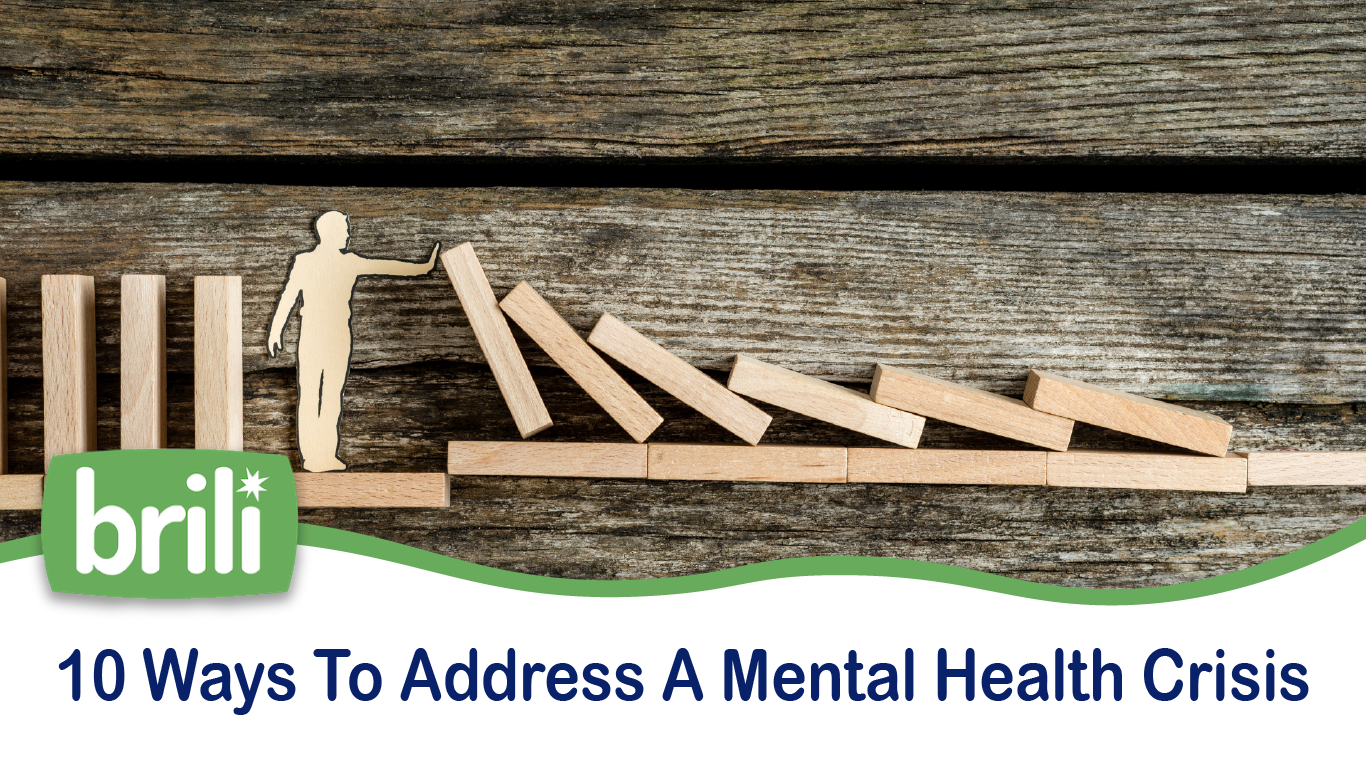Living with ADHD can present unique challenges when it comes to managing your mental health. Sometimes, we find ourselves in situations of mental health crises, and knowing how to seek help but also how to provide support is crucial. Read about different ways you can get assistance during such times and how you can extend support to others in need.
1. Reach Out to a Trusted Friend or Family Member: Connecting with someone you trust can be immensely comforting. Explain your feelings and concerns to them, and let them know you need support. Often, simply sharing your thoughts can be a significant relief.
2. Professional Help: Consider seeking assistance from a mental health professional, such as a therapist, counselor, or psychiatrist, who specializes in neurodiversity and ADHD. They can provide you with valuable strategies and coping mechanisms.
3. Crisis Helplines: Many helplines are available 24/7, such as the National Suicide Prevention Lifeline (1-800-273-TALK) in the United States. These services can offer immediate support and guidance during moments of crisis.
4. Mental Health Apps: Several apps cater to mental health support, offering meditation, mindfulness exercises, and self-help resources. Download the Brili routine "Calming The Storm" for coping with moments of anxiety and stress.
5. Online Support Groups: Connect with others who share similar experiences through online support groups or forums. Sharing your thoughts with those who understand can be comforting in difficult moments and provide a sense of community.
6. Mental Health First Aid: MHFA is a training program designed to equip individuals with basic skills needed to help others in a mental health crisis. Find out if there are individuals in your organisation that are trained and ready to help.
7. Crisis Text Lines: Texting can be a less intimidating way to seek help. The Crisis Text Line (text "HOME" to 741741) offers support via text messages, making it easier for some people to communicate their feelings. Not sure about a call line, check out this page for how to prepare and what you can expect.
8. Create a Crisis Plan: Develop a plan in advance, outlining what you would like to happen during a mental health crisis. Share this plan with trusted friends or family members, ensuring that they know how to assist you effectively.
9. Stay Informed: Learn about your condition and symptoms. Knowledge empowers you to better manage your mental health and advocate for yourself effectively, in advance as well as in difficult moments.
10. Self-Care: Incorporate self-care practices into your daily routine. Exercise, healthy nutrition, sleep, and mindfulness can play a significant role in maintaining mental well-being.
Remember, seeking help is a sign of strength, not weakness. For neurodivergent individuals, managing mental health can be a unique journey, but with the right support and resources, you can navigate it successfully.
Also consider enrolling in a Mental Health First Aid course to learn how to provide immediate support to others and guide them to appropriate resources.
In times of crisis, don't hesitate to reach out for help, and if you can, extend a helping hand to those around you. Together, we can create a more understanding and supportive world for neurodivergent individuals and everyone facing mental health challenges.
